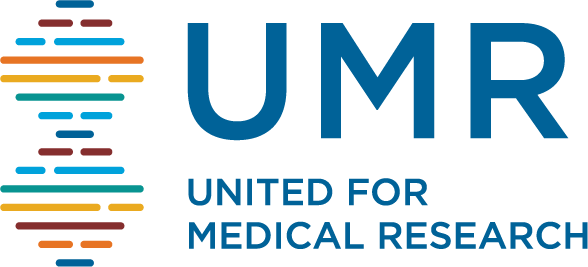What if scientists knew exactly what impact the SARS-CoV-2 virus had inside our lung cells, within the first few hours of being infected? Could they use that information to find drugs that would disrupt the virus’ replication process before it ever gets fully underway? The discovery that several existing FDA-approved drugs—including some originally designed to fight cancer—can stop coronavirus in its tracks indicates the answer is a resounding yes.
A team of Boston University researchers embarked on a months-long, collaborative and interdisciplinary quest, combining multiple areas of expertise in virology, stem cell–derived lung tissue engineering, and deep molecular sequencing to begin answering those questions.
